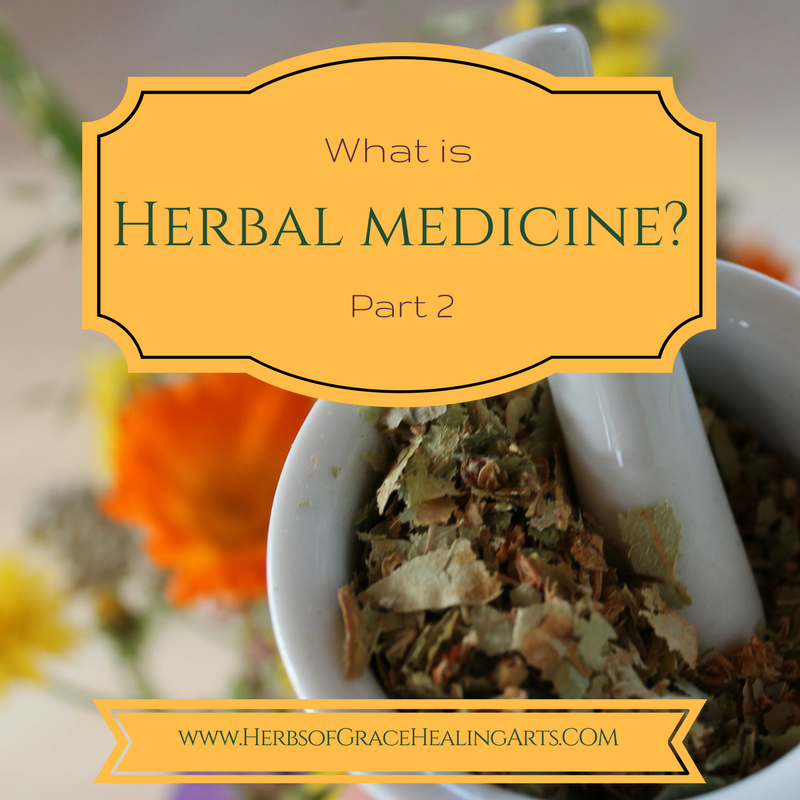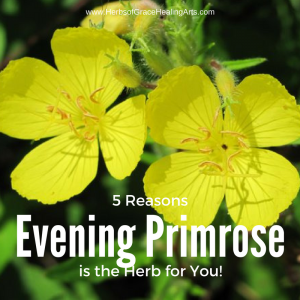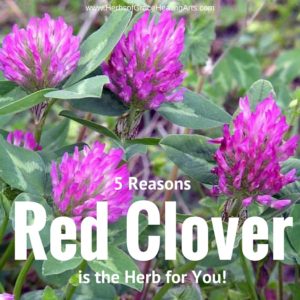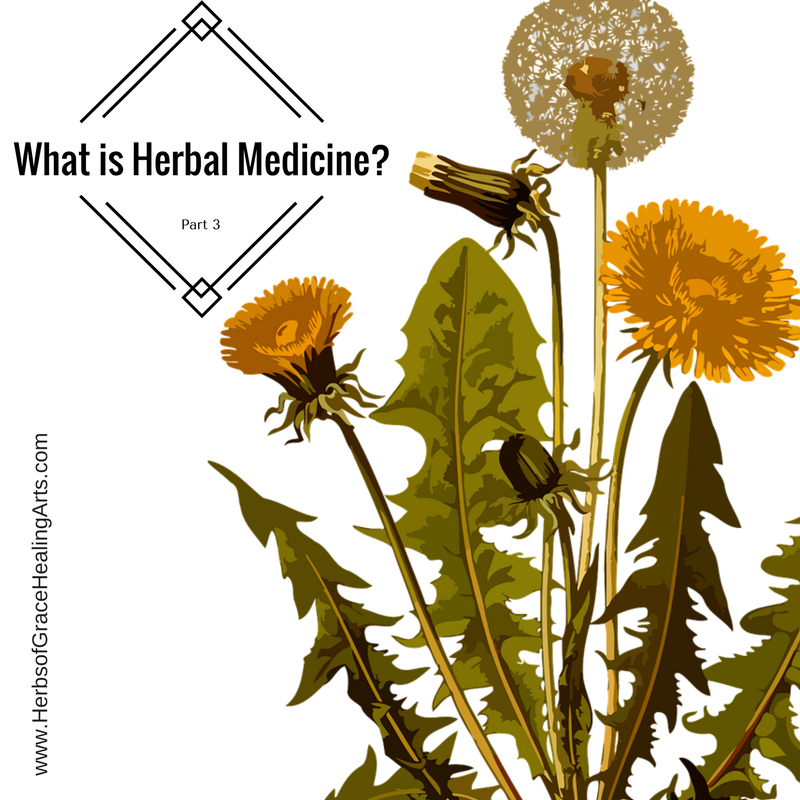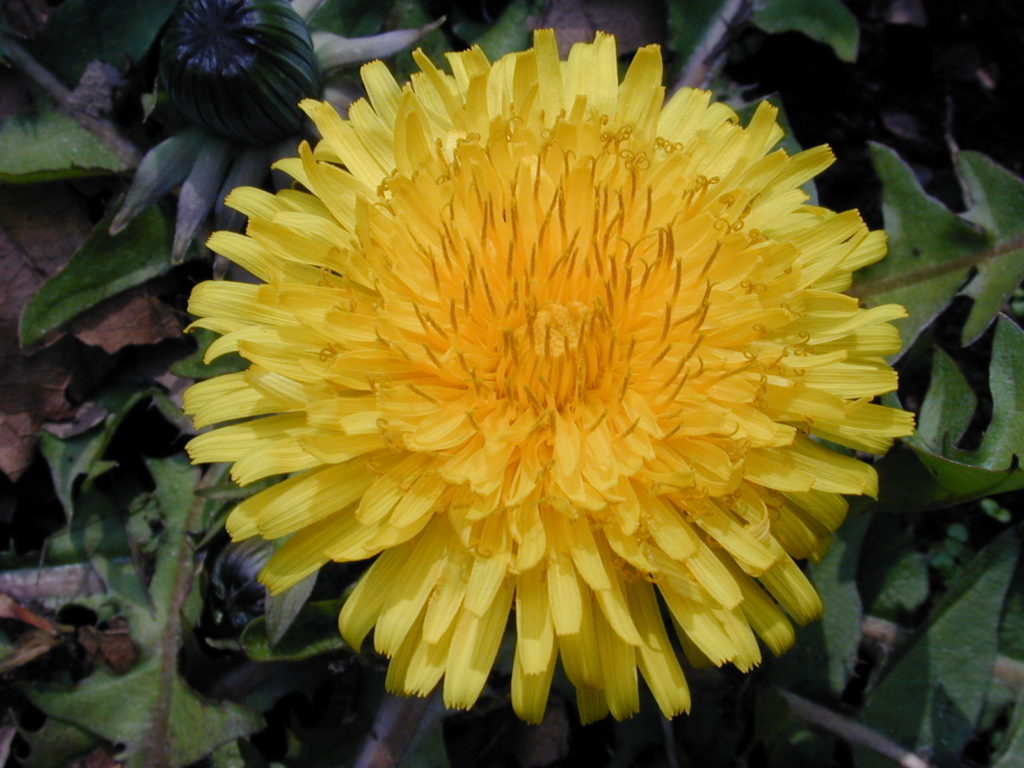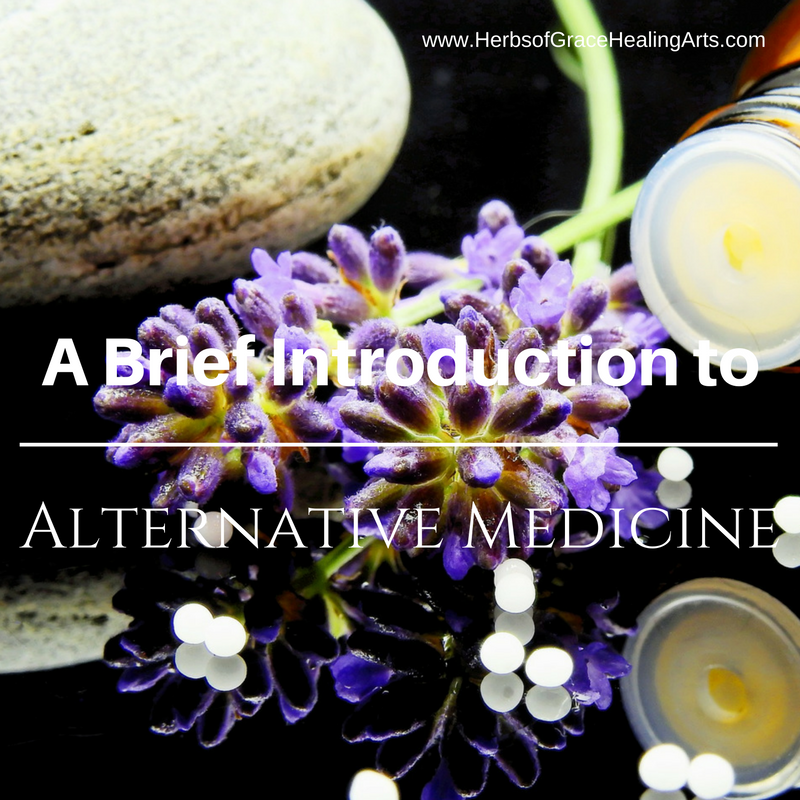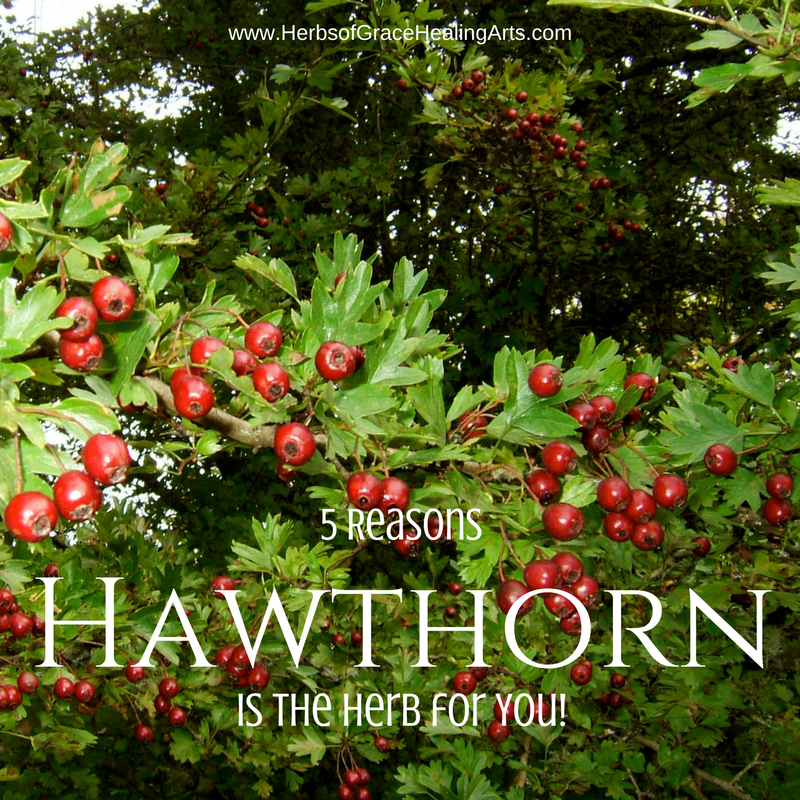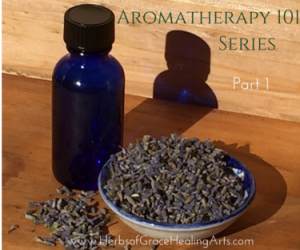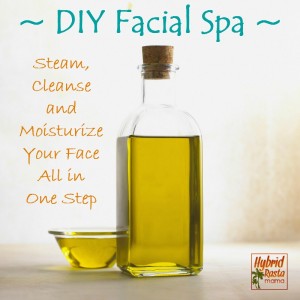Common herbs like Red Clover are often overlooked as useless and pesky weeds. How many times have you weeded this pretty little plant from your garden spaces?
In organic agriculture and permaculture, Red Clover is now being viewed as an excellent cover crop to add minerals and nitrogen to the soil. However, in herbal circles, Red Clover has been praised for centuries as a highly medicinal and vital plant, especially for women and children.
Children’s Skin and Respiratory Issues
Long used throughout history for skin and respiratory conditions, Red Clover is a safe and effective option for relieving childhood eczema and whooping cough. A bevy of other conditions, such as colds, coughs, congestion, and bronchitis, as well as psoriasis, and dermatitis can be addressed with the proper use of Red Clover also. Taken as a tea, Red Clover can be a parent’s most useful go-to herb.
Fertility
Red Clover is well known for it’s fertility enhancing abilities. Herbalist Susan Weed explains that “It is especially helpful if there is scaring of the fallopian tubes, irregular menses, abnormal cells in the reproductive tract, or “unexplained” infertility….The high vitamin content of red clover blossoms, combined with the folic acid in the leaves is especially helpful to sperm and egg production and helps prevent birth defects….Red clover’s high mineral and trace mineral content helps restore and maintain good production of hormones. Its profuse and exceedingly absorbable calcium and magnesium help rejuvenate and repair the delicate tissues of reproduction….And red clover’s well-known ability to alkalinize the body may alter the vaginal pH, making it more receptive to sperm, and may create an environment more friendly to sperm throughout the woman’s reproductive area, thus increasing the chances of conception. Consistent use softens scar tissue in the fallopian tubes.”
Menopause
The Iroquois, and other traditional societies, used Red Clover infusions for ‘the change of life’. Now, we know why it works. Red Clover is rich in isoflavones, which are natural estrogens, similar to human female hormones. “Phytoestrogens perform functions in the body similar to those of natural and synthetic estrogens, relieving menopause- and menstruation-related problems and perhaps protecting against osteoporosis and cancer of the breast, colon, and prostate”, says James Duke. Scientific studies have born out the ability of Red Clover to significantly reduce hot flashes, as well as other menopausal symptoms.
Cancer
Many cultures world-wide have traditionally used Red Clover for healing and preventing a variety of cancers. New research has validated these benefits, especially in the case of breast cancer, prostate cancer and brain cancer.
Nourishing and Detoxifying
One of the reasons Red Clover is able to exert such a positive influence on such a variety of health conditions is its nutrient content. It is literally a powerhouse of nutrition. Red Clover contains a multitude of vitamins, including beta carotene, vitamins C, B1, B2, B3, B5, B6, B9, B12, as well as minerals, such as, magnesium, manganese, zinc, copper, calcium, nitrogen, iron and selenium. Additionally it is a good source of plant protein. Likely due to its rich nutrient content, Red Clover is also a powerfully detoxifying plant. According to Herbalist Rosemary Gladstar, it is “one of the best detoxification herbs”.
Pleasant and mild-tasting, Red Clover can be combined with Spearmint, Peppermint, Lemon Balm or other herbs to create a delightful daily tea that will keep you and your children in good health!
Do you drink Red Clover tea? Do you have a favorite herb to combine it with?










